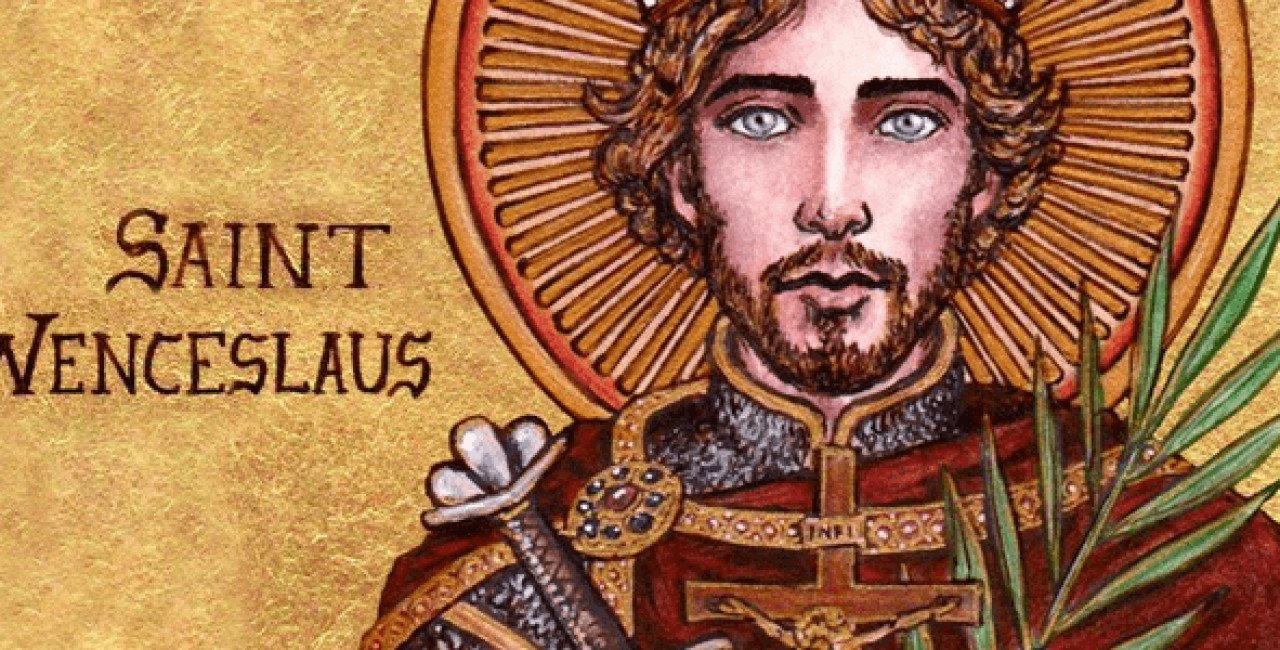
A Place of Humility
Our scripture has taken us to many places during these last three weeks of Advent, and today we find ourselves about 100 miles south of Nazareth in Bethlehem, the ancestral home of King David (most beloved of all Jewish kings) and also, so the story goes, the ancestral home of Joseph the carpenter, Mary’s husband.
As we know, Jesus was raised in humble family of meager means. Born in the “little” town of Bethlehem (as Micah says and our Christmas carol says), he grew up in the even smaller town of Nazareth and spent his ministry caring for the “least of these.”
As the fourth Sunday of Advent is traditionally about love, I would like to suggest that true deep love is also a humble love. By this I mean that it is a love that is not self or self-serving, it does not seek anything in return, it is nonjudgmental and sees the best in others. Humble love does not look down at others in pity but raises others up as worthy and equal.
Our youth performed “A Charlie Brown Christmas” last Sunday and it is easy to see the theme of humble love (and lack thereof) in the play. Not only is Charlie Brown dismayed at his sister Sally’s very detailed Christmas list of wants, and Lucy’s desire for real estate for Christmas, but he endures the ridicule of the other kids who won’t send him a Christmas card and laugh at him for the humble little Christmas tree he picks. Everything points to a complete lack of empathy, kindness and love for others. Until Linus tucks his blanket around the little tree, and everyone pitches in to decorate it. The love invested in the tree makes it beautiful.
I think we all resonate. We’ve all felt like the scraggly, homely little Christmas tree at times. We’ve wondered who would want us, and who would love us enough to make us beautiful. Yet, this is what Christmas is about… a true deep, sacred love that brings out the beauty in all people.
Let me share with you another story about humble love. It’s a true story told in our Christmas carol “Good King Wenceslaus.” You see, Wenceslaus was a real historical figure during the Dark Ages, although he was a duke, not a king.
Wenceslaus, the son of the Duke of Bohemia, was raised by his grandmother, Ludmilla, a devoted Christian woman who taught her grandsons the meaning of faith, hope and charity. Wenceslaus took his grandmother’s lessons to heart and in 922, when his father was killed in battle, Wenceslaus (though only 15) seemed ready to put into practice what he had learned.
Now, it so happened that Wenceslaus was the older brother, by a few minutes, to his twin, Boleslaus, and so he was made the leader of Bohemia. As the young duke attempted to guide the troubled nation, his mother and his younger twin organized a pagan revolt, killed Ludmilla as she prayed and attempted to overthrown Wenceslaus. The young duke put down the rebellion and let his mother and brother off easy, allowing them to be exiled rather than executed.
With wisdom beyond his years, Wenceslaus went about creating a nation built on true justice and mercy. He enacted laws in the manner he thought would best serve God, and he journeyed out into the country seeking insight as to what his people needed. When possible, he shared everything from firewood to meat with his subjects. He took pity on the poor and urged those blessed with wealth to reach out to the less fortunate.
When Wenceslaus married and had a son, all of Bohemia celebrated. Peasants and landowners alike sought him out, offering prayers for long life and happiness. Wenceslaus assured them that he was praying for them as well. He was the most beloved of dukes!
Wenceslaus also loved Christmas. Centuries before gift giving became part of the holiday tradition, the young leader embraced the joy of sharing his bounty with others. Inspired by a sincere spirit of compassion, each Christmas Eve the duke sought out the most needy of his subjects and visited them. With his pages at his side, Wenceslaus brought food, firewood, and clothing. After greeting all in the household, the duke would continue to the next stop. Though often faced with harsh weather conditions, Wenceslaus never postponed his rounds. He made Christmas Eve special for scores of families.
When he was 22, Wenceslaus was on his way to his daily prayers, stopping along the way to ask sincerely about his subjects’ health, offering a smile and a warm greeting when he was ambushed and killed by his brother. As he lay dying, Wenceslaus looked up at his brother and said, “Brother, may God forgive you.”
It was a group of pagan leaders who had supported Boleslaus’s overthrow of his brother. But, amazingly when Boleslaus realized what he had done, he renounced his cohorts and embraced the faith that had guided his brother’s life and rule. And it was Boleslaus who sustained the legend of Wenceslaus.
The Christmas carol, “Good King Wenceslaus,” tells the story of Wenceslaus, a ruler who could have stayed warm and safe in his castle with servants waiting on him, instead taking the time to deliver food, wine and firewood to those in need. The last verse gives us a tender glimpse of his humble love. His young page is failing in the harsh winter weather and so Wenceslaus tells him to walk in his footsteps to ease his way through the snow.
May the love we share this Christmas time and always be as kind, unassuming, tender, compassionate and humble.
Christmas blessings,
Kaye



